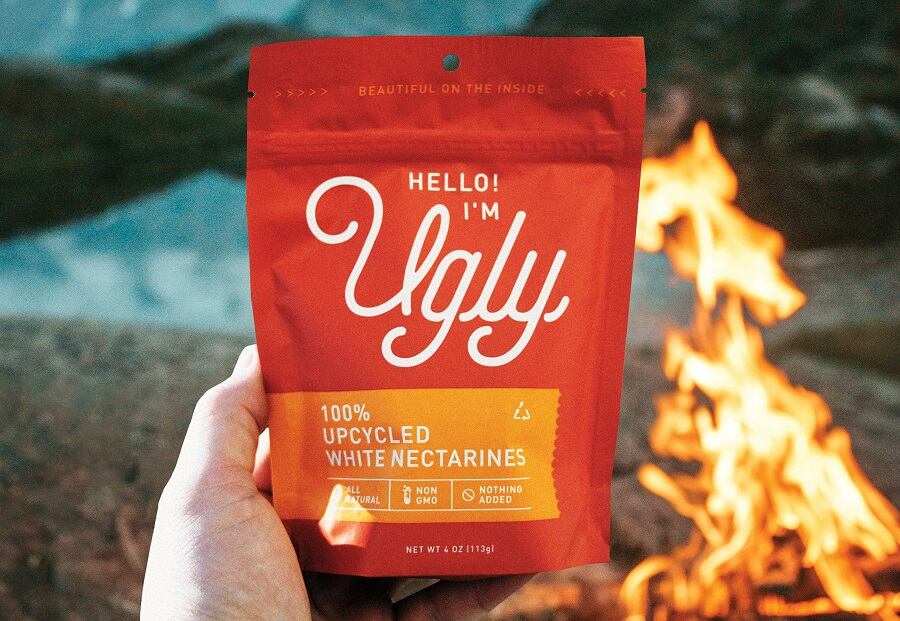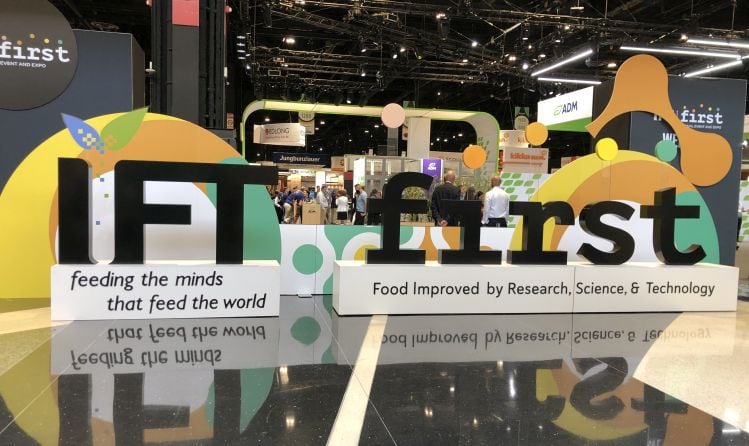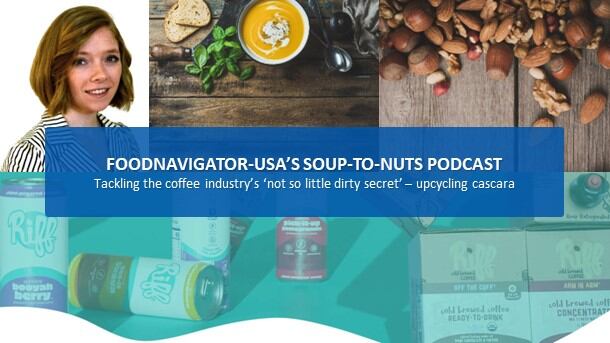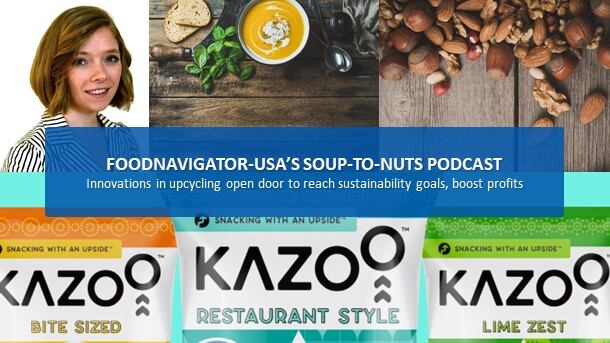“I’ve learned in my career, whether it be farming or in the army, nothing creates an outcome like urgency. So, if you have a date on the counter that something has to be done, you either succeed or fail. It’s very binary,” said Ben Moore, CEO and founder of The Ugly Company CEO.
And because failure wasn’t an option, he told FoodNavigator-USA that his decision to place in escrow a facility that could make The Ugly Company the largest dried peach producer in the world and the only one that used so-called ugly fruit started a countdown to what would become one of the company’s big breakthroughs.
He explained the risky decision to buy the facility before securing orders that would cover its cost “was a real chicken and egg problem,” because he knew he couldn’t supply a large national retailer with enough dried fruit unless he had the facility and he didn’t know how to pay for he facility without the order.
“So, what comes first – the chicken or the egg? In real life, the answer to that riddle is they both happen at the exact same time,” Moore said. “So, I put the cards down and gambled on buying this plant that we couldn’t afford and then went and rounded up some investors that I convinced this was going to happen and we needed this to happen.”
Moore’s passion and a rising consumer interest in food waste reduction, value-added and better-for-you products helped him convince a diverse group of investors that his dream should be theirs, too.
‘What would a perfect group of investors be?’
Recognizing that fundraising is about more than just securing capital, but also the support and connections necessary for long-term success, Moore began his fundraising campaign by asking himself: “What would a perfect group of investors be?”
Because Moore was not only building a new brand and product but also a reliable supply chain, he knew he needed at least one significant grower from the stone fruit industry as an investor to validate his concept and provide a steady stream of would-be wasted fruit by sharing growing, harvesting and production schedules as well as access to their facilities as a partner rather than an outside.
He found that with Reedley-based fruit grower and distributor Sun Valley Packing.
Next on Moore’s dream team was a professional group of investors who could “be the grown up in the room and bring some effective deal management and corporate governance to our company, that could bring their experience and bring their network of people.”
He said he “hit a home run on the first swing” when he struck a partnership with Texas-based Value Creation Strategies.
“I sifted through these infinite decks of VCs and private equity people and most are pretty unbearable. They don’t understand farming and they just don’t understand what it really takes to be able to create a product from nothing,” but Value Creation Strategies “was everything I could have dreamed up.”
The third position on Moore’s dream team was an influencer who could help reach and excite consumers about the brand, which he filled with musician Justin Timberlake, whose investment team Moore met previously.
Finally, Moore said he need an investor with enough capital and faith in him to reach his $9m goal, which he acknowledged “was not easy.” In the end, the funds came not from one individual but from a collective of 30-40 locals who each wanted to invested $25,000 to $50,000.
Rather than try to manage that many investors, Moore brough them together to create the Valley Ag Capital Holdings, which allows him to tap into local funding that he is reinvesting in the community.
‘The whole point of this company … is basically to prevent food waste’
Three-quarters of the funds will go to covering the cost of buying and retrofitting the facility that Moore secretly placed in escrow, and 25% will go to supporting sales and branding, and 100% will go towards tackling food waste.
He explained before starting The Ugly Company he drove upwards of 48 truckloads of produce a day, six days a week during harvest to the dump because the peaches – while perfectly edible – didn’t meet specs.
“The whole point of this company, the reason I started it, is basically to prevent food waste at farms. And the big concept here was to start in Central California, in the stone fruit industry, because that is my backyard” but then take that model global so that “every piece of fruit or vegetable or food grown in the entire world ends up in someone’s belly if that is what it was grown for,” said Moore.
Last year, his company saved more than 2.1m pounds of food waste by upcycling and 2023 the company wants to save 3m pounds of cherries, peaches, white nectarines, apricots and kiwis from the landfill or from becoming animal feed by turning into dried fruit.
As Moore builds his supply, consumer awareness of food waste and demand for upcycled products is growing, too – creating significant market potential that is attracting more retailers and investors.
For The Ugly Company this means expanding distribution later this year in Kroger’s West Coast banners and supporting existing partners ships, including Sprouts nationwide, select REI, Whole Foods and HyVee stores.




